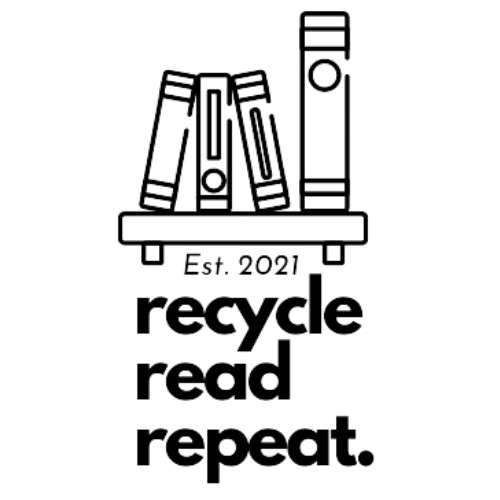HOURS: Wednesday 10am-3pm, Thursday 10am-4:30, Friday 10-4:30, Saturday 10-3
- Home
-
Subscriptions
-
Shop
- Book Floods
-
Books
-
Merch
- Gift Cards
-
208 Cherry St.
-
Community
HOURS: Wednesday 10am-3pm, Thursday 10am-4:30, Friday 10-4:30, Saturday 10-3
October 19, 2021
The Booker Prize is considered the leading literary award of the English-speaking world. As a book lover, you have likely heard of it or seen it stamped on one of your favorite books.
Until I read Milkman by Anna Burns, I did not pay much attention to the yearly lists released by the Booker Prize. Each year they highlight the “longlist,” the “shortlist” and the winner. When I read Milkman, I was in awe. I immediately suggested it to my book lover friends, and the second I finished it, I declared it one of my top five favorite books. It was outstanding.
When I realized it was the 2018 winner, I began looking at the lists of books considered for the Booker Prize, and would often pick from them. None of them hit me like Milkman, some of them I did not even like, but I could understand why all of them were being acknowledged.
Until I read Shuggie Bain, the 2020 winner (enter here a joke about 2020). Shuggie Bain is not a bad book, but I just cannot understand why it won the Booker Award. Sure, it is a book about addiction and poverty, two wildly powerful presences in anyone’s life. The title character is a young boy with an alcoholic mother. His family lives in devastating poverty in 1980’s Glasgow. And to top it off Shuggie is considered by everyone around him to be “no right” (conjure the Scottish accent). The writing is vivid. The emotions are raw. In fact, the author, Douglas Stuart, does an amazing job at writing characters who experience sexual abuse and rape, and physical and emotional violence. Like many victims of these crimes, the characters in Stuart’s novel just keep moving, never telling another about their attacks and never fully acknowledging it to themselves. It is heart-wrenching, but like the character, the reader does not have much time to consider these incidents because something else always happens.
The book is good, maybe a bit too long, but just not as good or as unique as other Booker Prize winners.
I think I wish the book had more of Shuggie’s voice. Kate and I joked as we read it, “this book should be called Agnes Bain.” Agnes is the alcoholic mother at the center of the narrative.
But maybe this is the genius of the book; Shuggie’s voice is not heard. And that is the truth of it: a small child living in a world that does not accept him and openly harasses him while he is also experiencing sexual abuse, an alcoholic mother, an absent father, poverty, and loneliness does not have a voice.
Comments will be approved before showing up.
February 12, 2024
